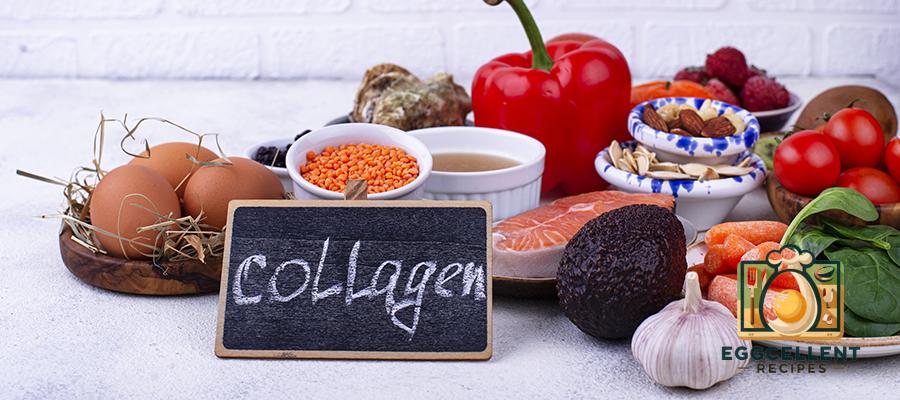
Collagen is a vital protein that plays a significant role in maintaining the health of your skin, joints, bones, and connective tissues. As you age, your body’s natural collagen production decreases, leading to wrinkles, joint discomfort, and other signs of aging. Including collagen-rich foods in your diet can help replenish this essential protein naturally. Here’s a guide to the best high-collagen foods and how they support your overall health.
1. Bone Broth
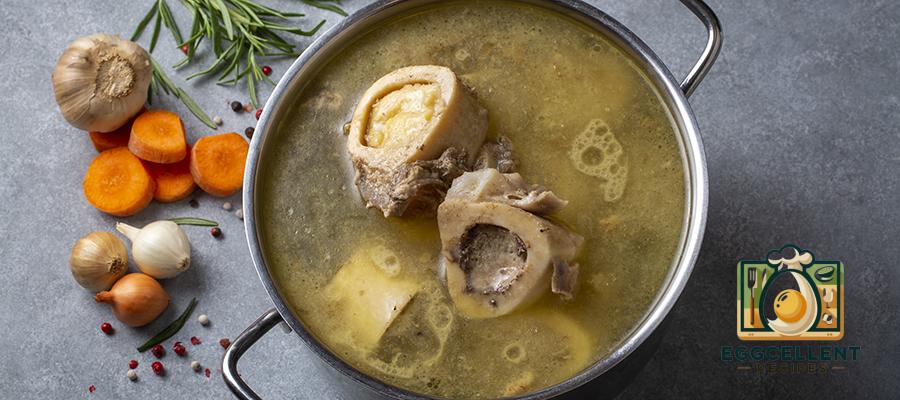
Bone broth is one of the richest sources of natural collagen. Made by simmering animal bones and connective tissues, it releases collagen, gelatin, and amino acids into a flavorful liquid.
- Benefits: Improves skin elasticity, strengthens joints, and supports gut health.
- How to Enjoy: Use as a base for soups, stews, or simply sip on its own.
2. Chicken
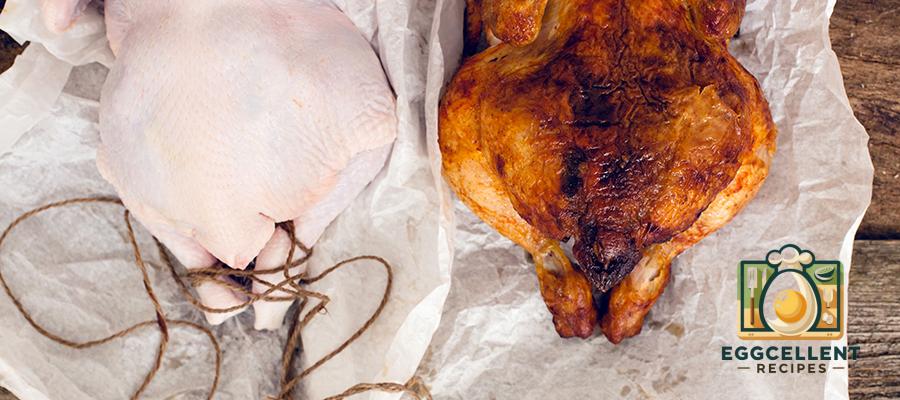
Chicken is loaded with connective tissues, making it an excellent source of collagen. Many collagen supplements are derived from chicken due to its high concentration of connective proteins.
- Benefits: Promotes healthy skin and joint repair.
- How to Enjoy: Roast chicken, include in salads, or make a hearty chicken soup.
3. Fish and Shellfish
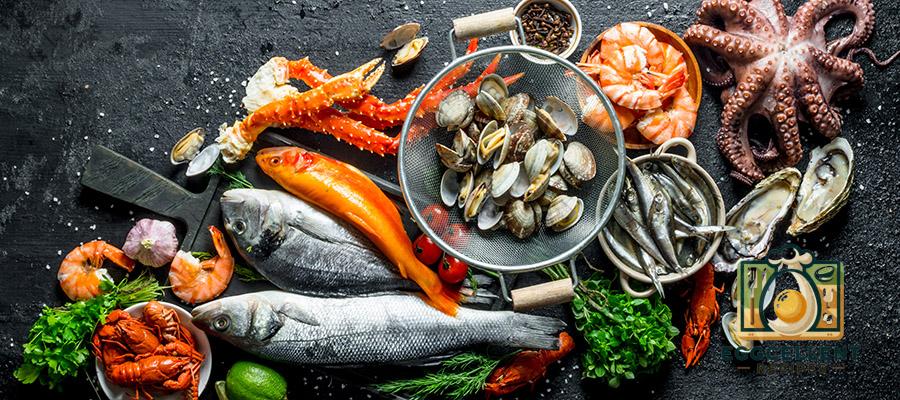
Fish, especially those with skin and bones, are rich in collagen. Marine collagen is particularly effective because it’s easily absorbed by the body.
- Benefits: Supports skin hydration and elasticity.
- How to Enjoy: Grill salmon with skin, add fish to your diet, or snack on sardines.
4. Egg Whites
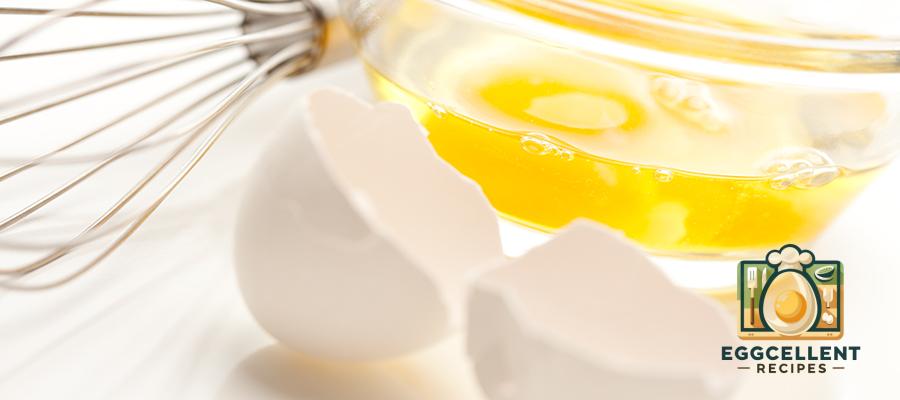
Egg whites are rich in proline, an amino acid that is a key component of collagen.
- Benefits: Boosts natural collagen production in the body.
- How to Enjoy: Use in omelets, add to baking recipes, or enjoy as a high-protein snack.
5. Citrus Fruits
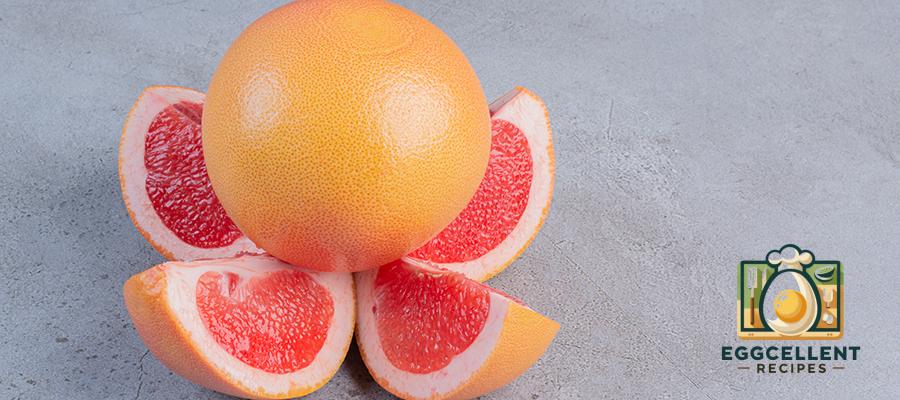
While citrus fruits don’t contain collagen, they are high in vitamin C, which is essential for collagen synthesis in the body.
- Benefits: Enhances collagen production and protects against skin aging.
- How to Enjoy: Snack on oranges, add lemon juice to water, or use lime in salad dressings.
6. Leafy Greens
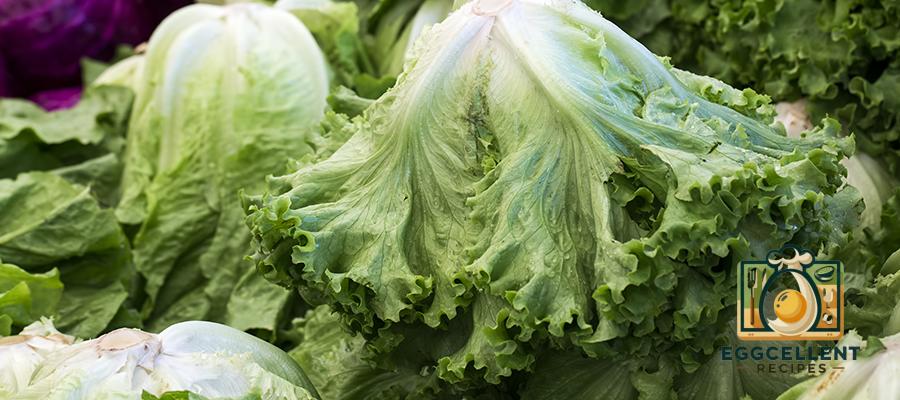
Leafy greens like spinach, kale, and Swiss chard contain chlorophyll, which may boost collagen production and protect your skin from damage.
- Benefits: Promotes healthy skin and protects against free radicals.
- How to Enjoy: Add to smoothies, sauté with garlic, or include in salads.
7. Berries
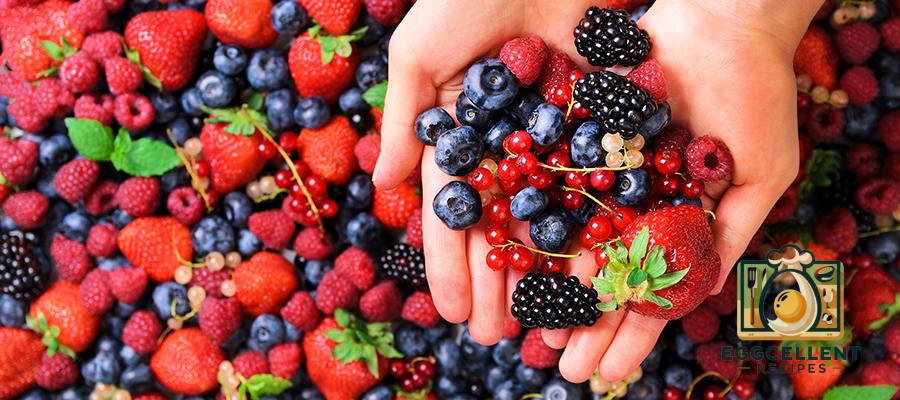
Strawberries, blueberries, and raspberries are rich in antioxidants and vitamin C, supporting collagen synthesis and protecting existing collagen from damage.
- Benefits: Fights skin aging and supports collagen stability.
- How to Enjoy: Blend into smoothies, add to yogurt, or enjoy as a snack.
8. Garlic

Garlic contains sulfur, which is necessary for collagen production. It also helps maintain the structural integrity of your existing collagen.
- Benefits: Strengthens joints and supports healthy skin.
- How to Enjoy: Use in cooking, roast for a mild flavor, or add to dressings.
9. Beans
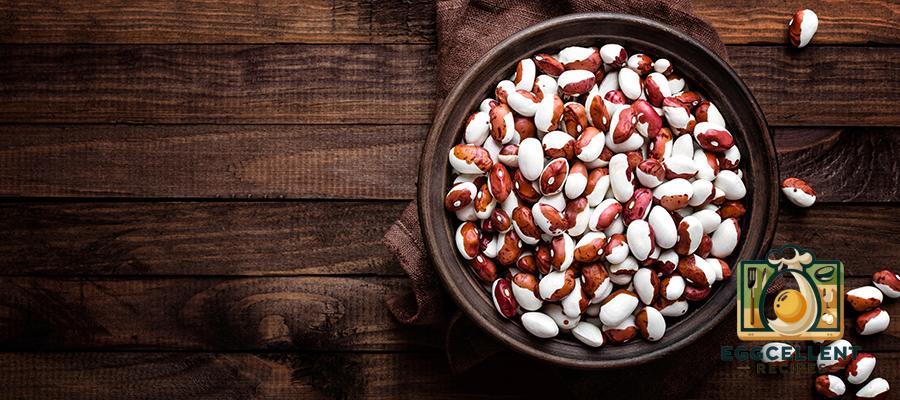
Beans are rich in protein and contain amino acids essential for collagen production. They’re also high in zinc and copper, which support collagen synthesis.
- Benefits: Supports joint and skin health.
- How to Enjoy: Include in soups, salads, or as a side dish.
10. Nuts and Seeds
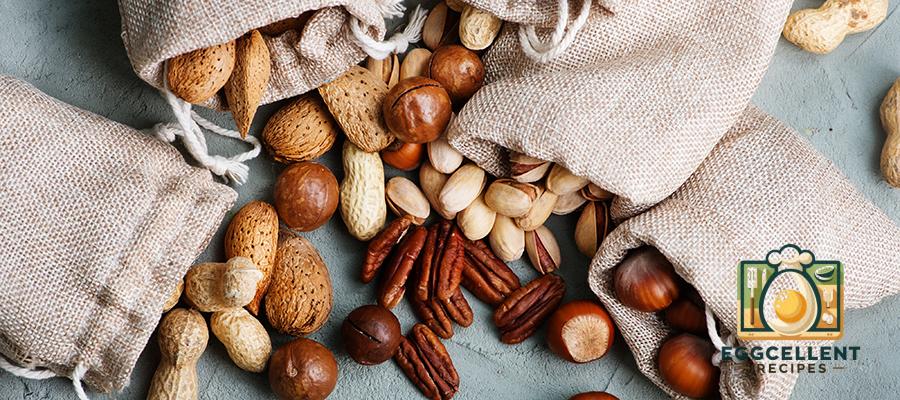
Nuts like almonds and seeds like sunflower seeds are rich in zinc and vitamin E, which help preserve collagen in your skin.
- Benefits: Protects collagen from damage and promotes skin health.
- How to Enjoy: Sprinkle on salads, blend into smoothies, or snack on a handful.
11. Tomatoes
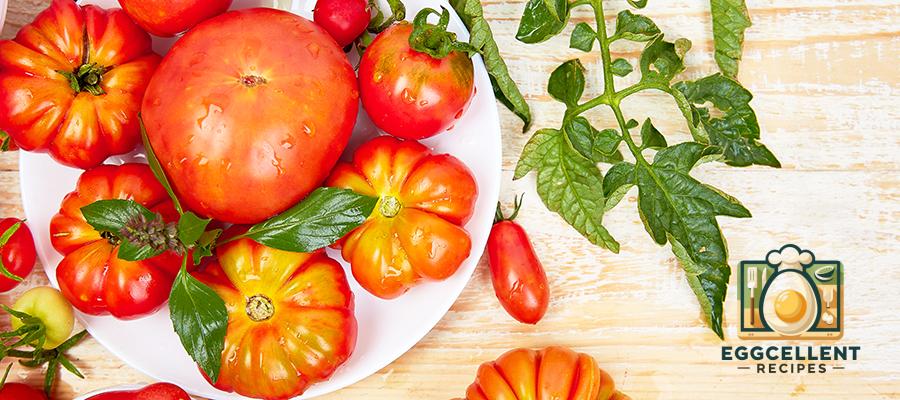
Tomatoes are high in lycopene, an antioxidant that protects collagen from breaking down.
- Benefits: Supports skin firmness and reduces UV damage.
- How to Enjoy: Use in sauces, soups, or enjoy fresh in salads.
12. Avocado
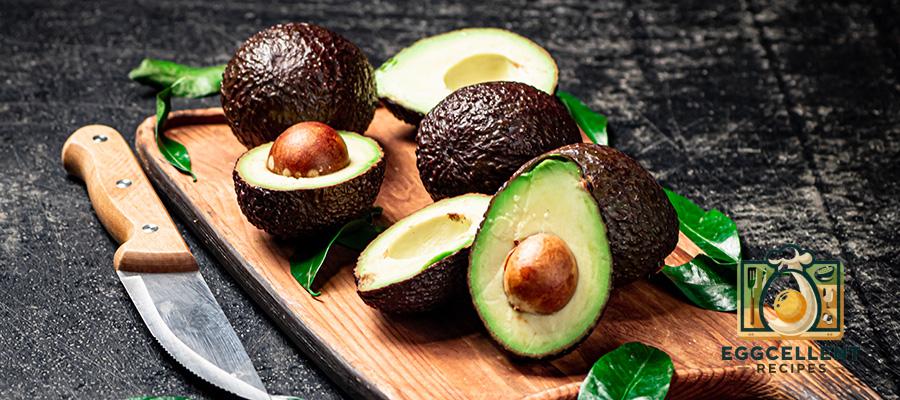
Avocado contains healthy fats and vitamin E, which can help protect and repair your collagen levels.
- Benefits: Hydrates skin and supports overall collagen health.
- How to Enjoy: Spread on toast, include in salads, or blend into smoothies.
13. Soy Products
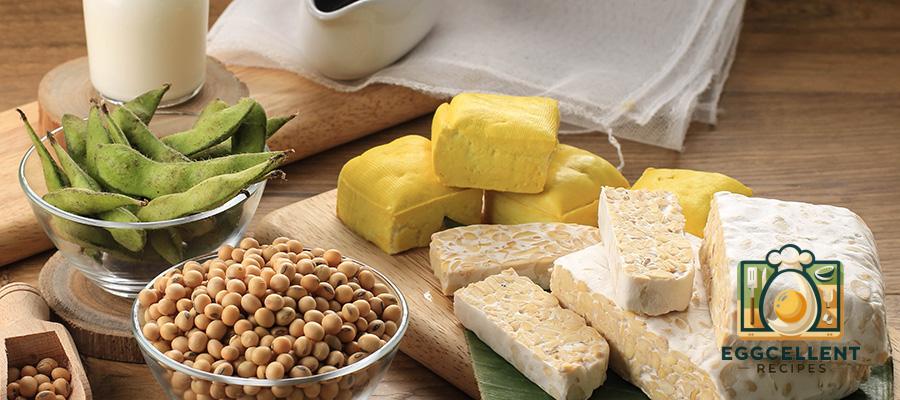
Soy-based foods like tofu and soy milk contain genistein, a plant compound that boosts collagen production.
- Benefits: Supports skin elasticity and bone health.
- How to Enjoy: Add tofu to stir-fries or enjoy soy milk with your breakfast.
14. Bell Peppers
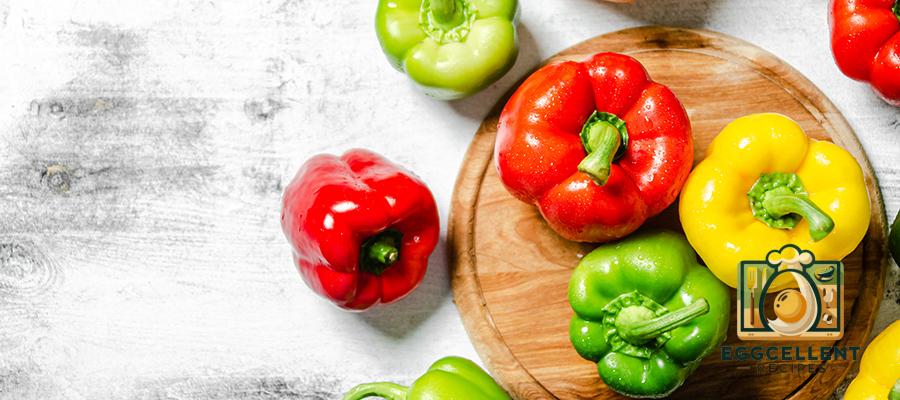
Bell peppers, especially red ones, are loaded with vitamin C and antioxidants, both of which are crucial for collagen production.
- Benefits: Protects collagen and promotes healthy skin.
- How to Enjoy: Chop into salads, roast for a smoky flavor, or eat raw as a snack.
Final Thoughts
Incorporating collagen-rich and collagen-boosting foods into your diet is a natural way to enhance your skin’s elasticity, strengthen your joints, and support overall health. Pair these foods with a balanced diet and plenty of hydration to maximize their benefits. Whether you’re sipping on bone broth or snacking on berries, these nutrient-dense choices can help you feel and look your best.

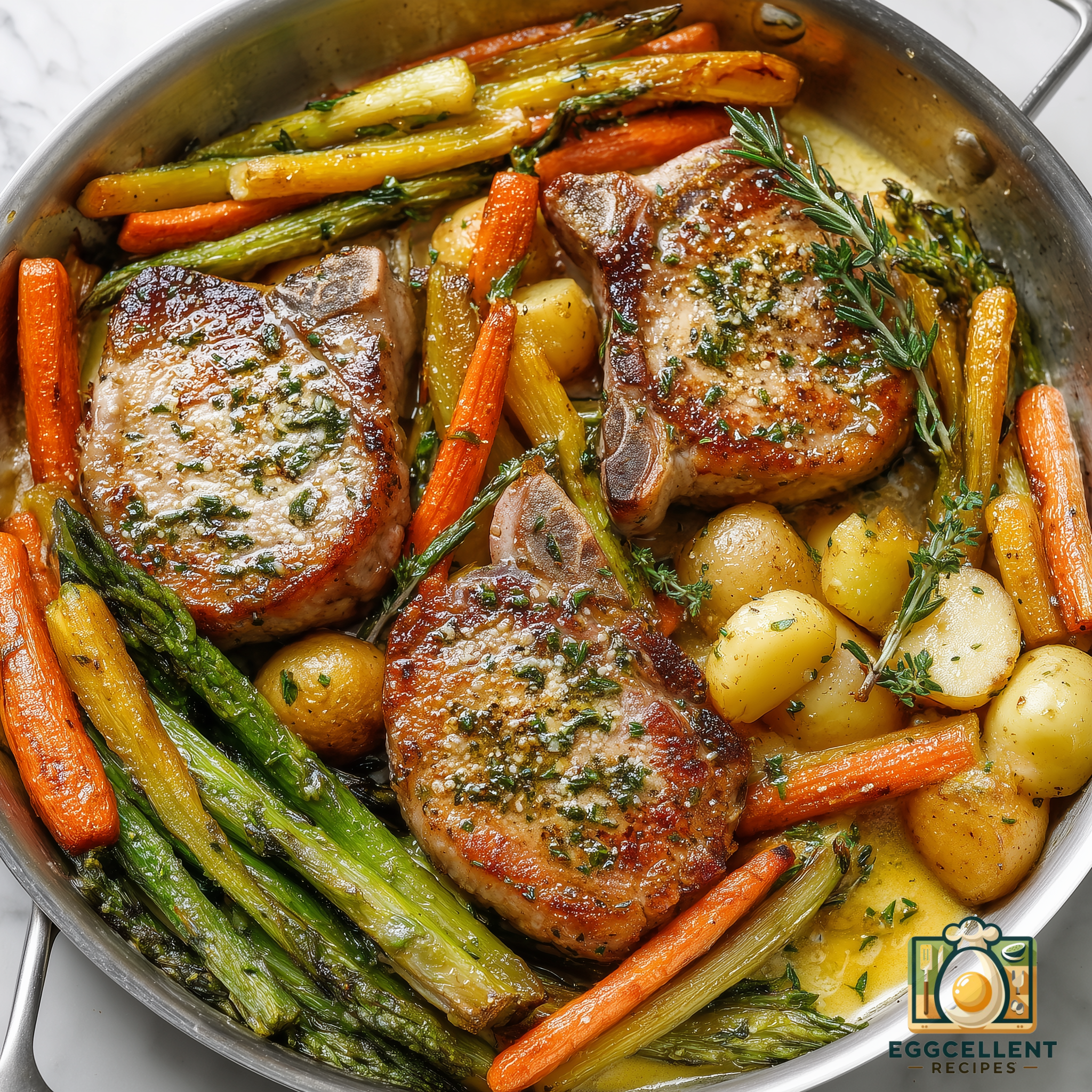

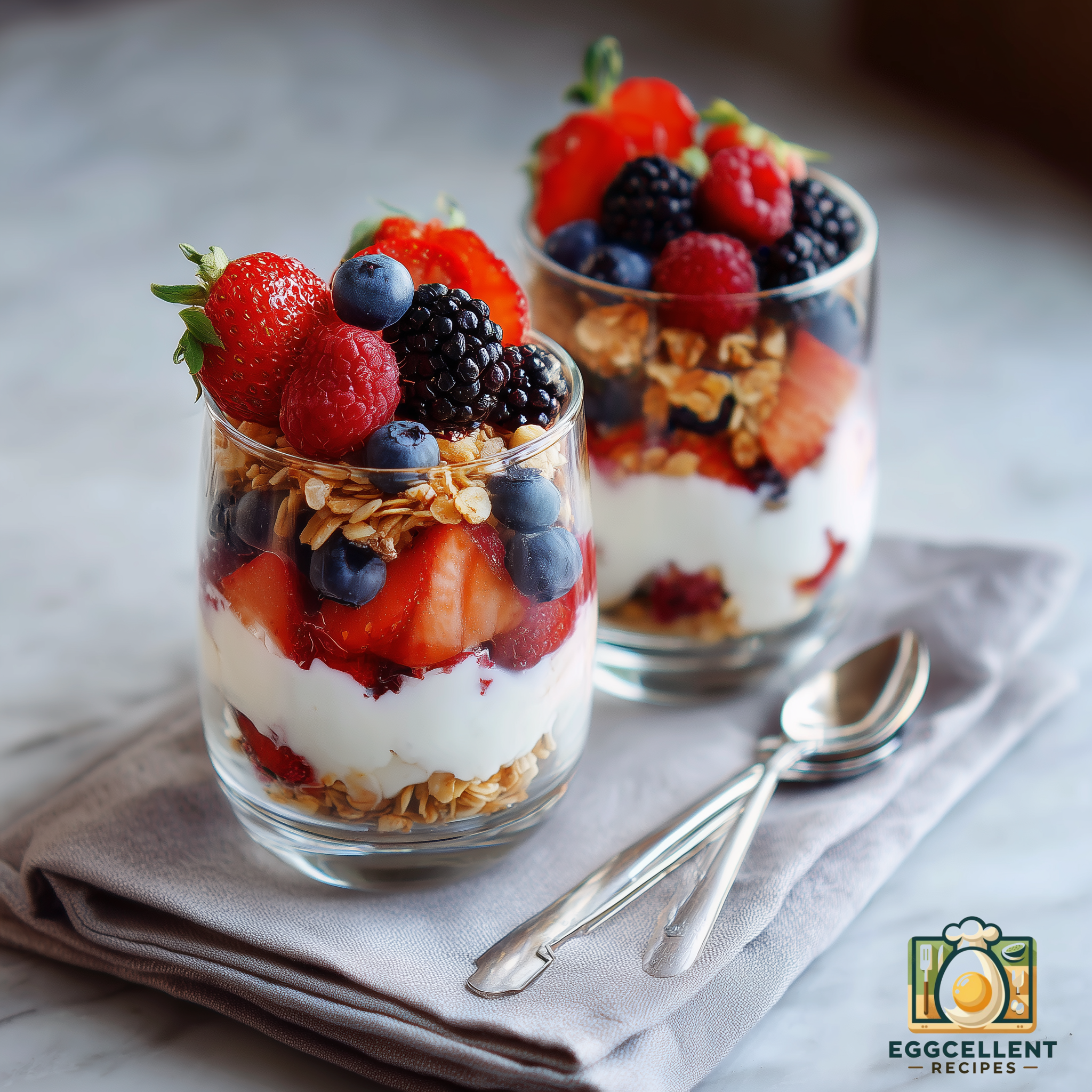
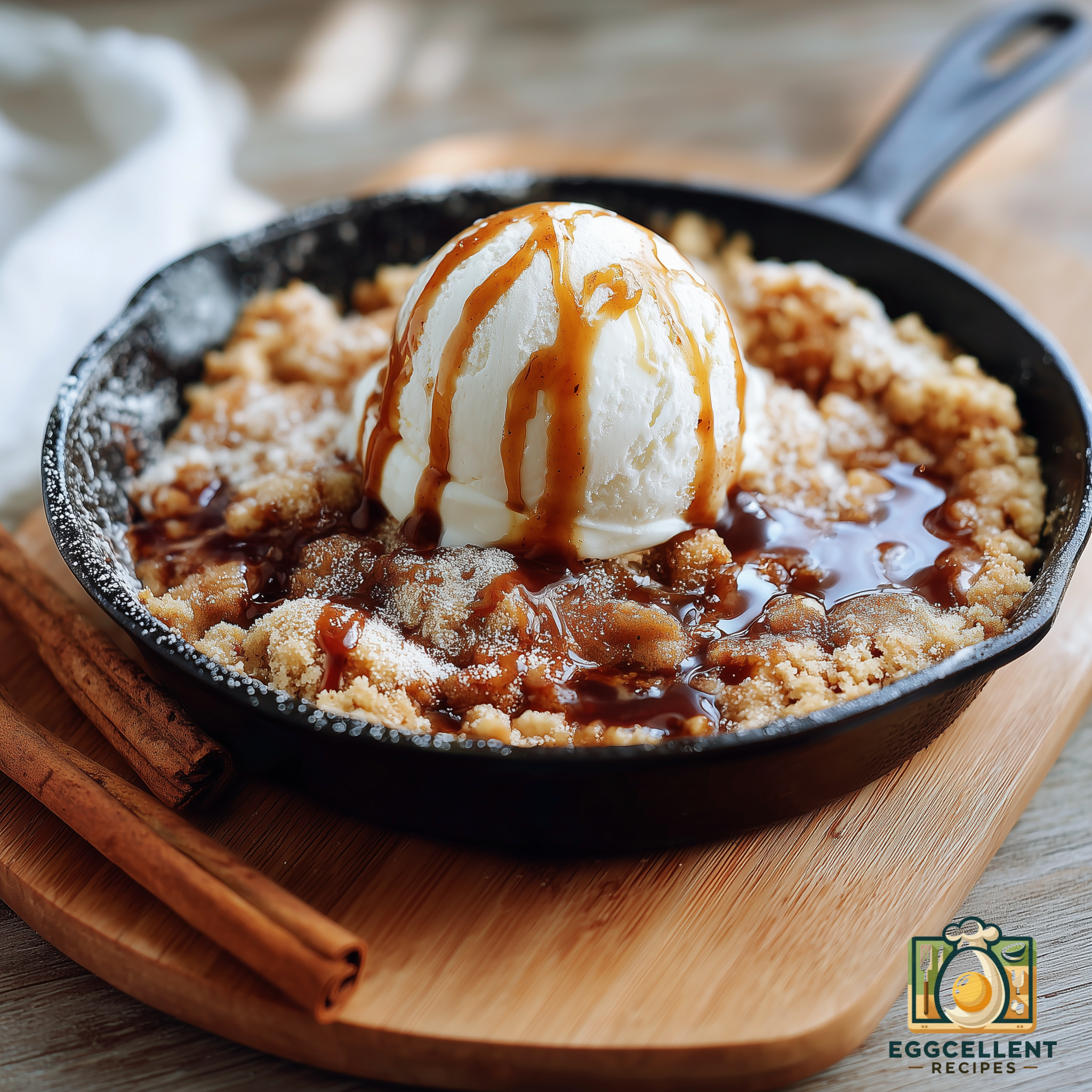
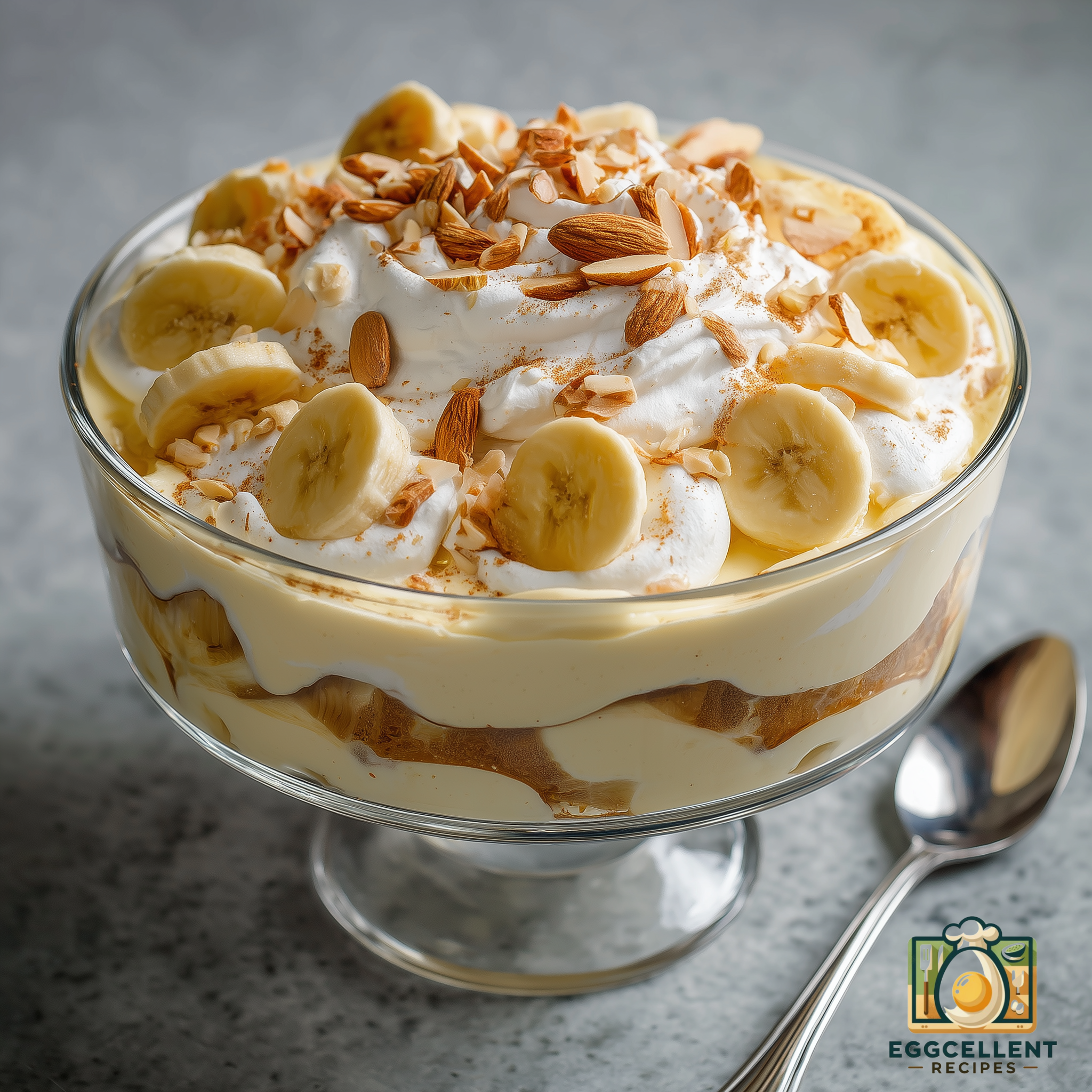
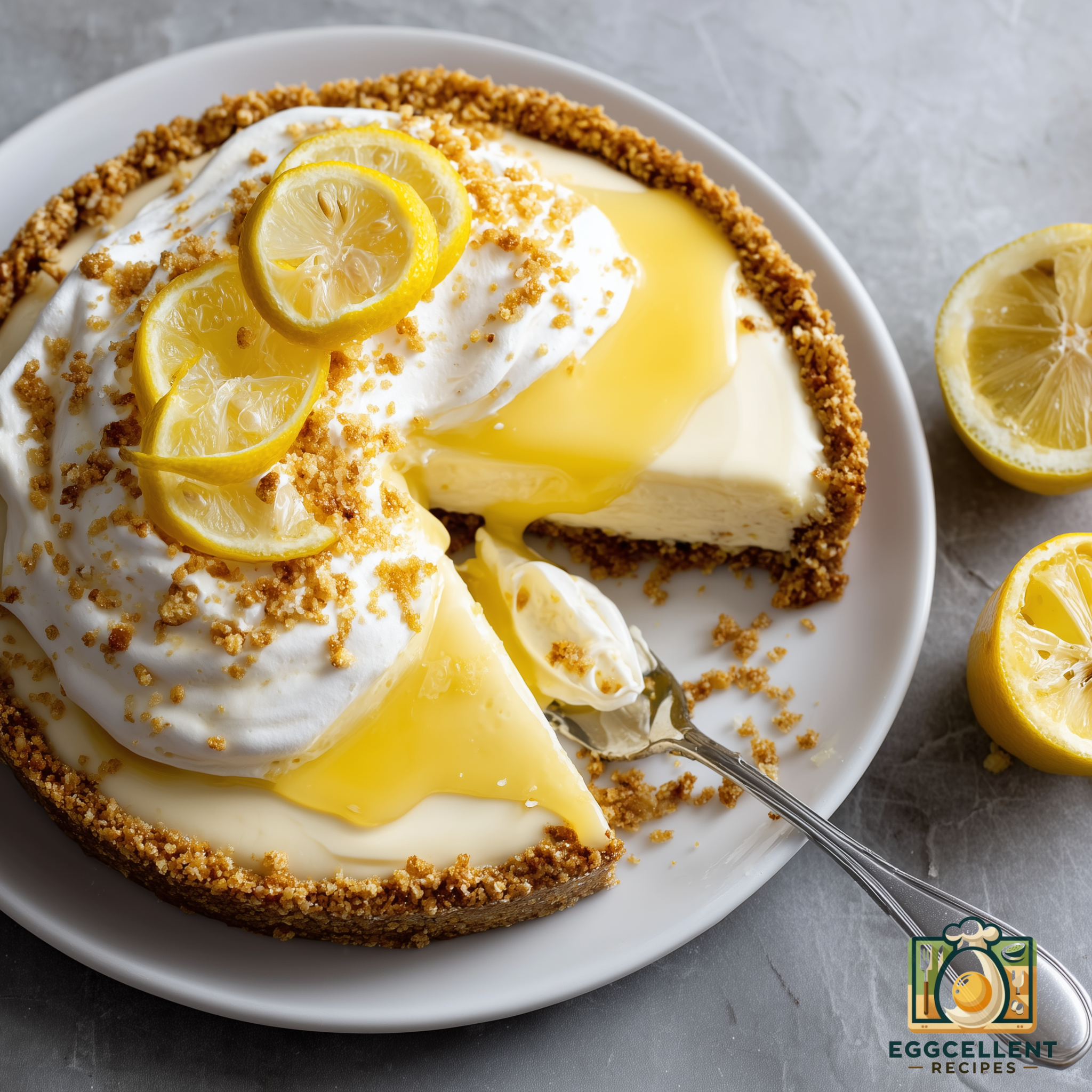
One Response
Very insightful.
Thank you so much.